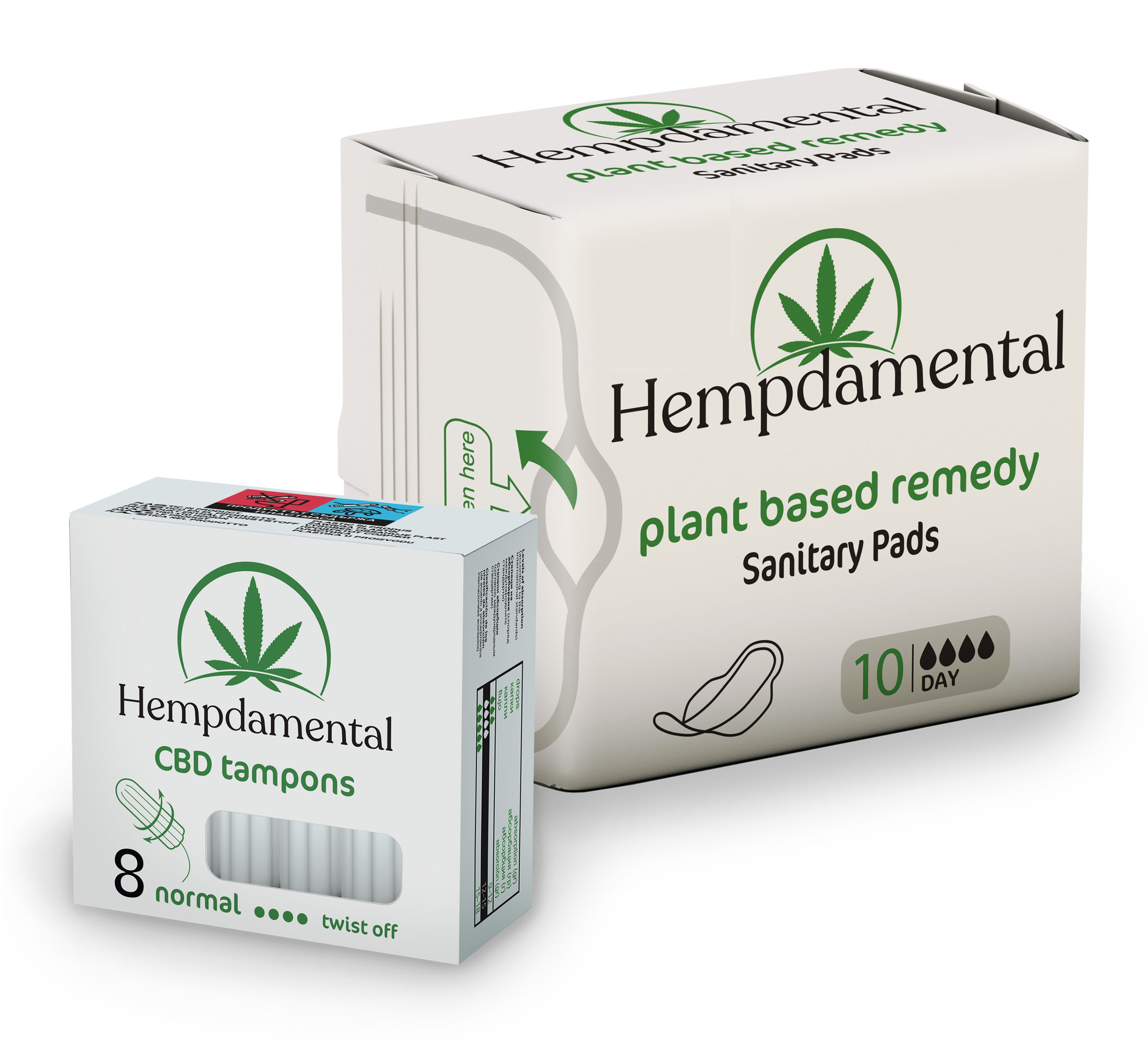
5 Health Risks of Poor Menstrual Hygiene
Menstruation is a normal biological process that makes reproduction possible. Even though it is a fundamental biological process that most people are aware of, it is still a subject that some cultures and people find offensive to talk about. Menstruation and menstrual practices are still a subject of social, cultural and religious restrictions in some parts of the world. It is the reason why some young girls do not have enough information and knowledge about proper menstrual hygiene practices and consequences of not maintaining one.
Poverty and financial difficulties are also contributing factor to poor menstrual hygiene management. Not all women can afford disposable menstrual products and have access to secure and private facilities needed to perform the necessary hygienic practices. However, it also does not mean that as long as you have the products and a bathroom with running water, you are not at risk of falling victim to unhygienic menstrual practices.
So, what are the hygienic menstrual practices?
Change sanitary products regularly
There are multiple menstrual sanitary products available on the market. These include pads, tampons and cups. There is no bad menstrual sanitary product. Choose the one you prefer and use them per the instruction. If you use sanitary pads, choose what is suitable for you. There are many choices. There are pads with and without wings, thin / ultrathin, with normal or high absorbency and for overnight use. Find the right one for you and change them before it gets full. Try to keep everything as dry and clean as possible.
There is not one correct answer to how many pads you should use in a day. In most cases, it is recommended to change your pad or tampon every 4 hours. However, this time can get shorter or longer depending on your exercise level, flow and weather.
Proper maintenance of reusable sanitary products
There are menstrual sanitary products such as pads and cups that can be used more than once. If this is what you are using, make sure that you are cleaning it properly. Do not overuse them and buy a new one after recommended number of usages.
Keep your vaginal area clean
Normally warm water is enough to clean your intimate area and soap is not necessary. Do not use perfumed and antiseptic soap as this will have adverse effect on the useful vaginal flora. If you want, you can use recommended vaginal washes or diluted, unperfumed soaps that do not harm the vaginal pH and bacterial balance. It is important to remember that you do not need to wash the insides of your vagina as it self-cleanses.
Wear clean and dry underwear
During menstruation, it is important to keep your underwear clean and dry. It is also important to pay attention to the material your underwear is made of. It is preferrable to wear a underwear which is not tight and which allows the skin to breathe.
What are the health risks of poor menstrual hygiene?
Skin Irritation
Sanitation products used to contain menstrual blood are wet and it can irritate the skin, leading to skin inflammation or dermatitis. The skin gets red, swells and blisters. In rare cases, it can get more serious and be followed by fever, foul smelling vaginal discharge, itchiness and pain.
Change in Vaginal pH and Flora
Vaginal pH should be maintained at 3.8 – 4.5 so that it can keep its healthy, acid producing bacteria. Because of moisture retention of sanitary products, the pH of the vaginal area can be altered, leading to the lessening of the good bacteria. This will make women more prone to yeast and other types of urinary and reproductive tract infections.
Urinary Tract Infection
If not changed properly, wet menstrual hygienic products such as pads and tampons can be a breeding ground for harmful bacteria. These bacteria can infect the urinary tract through the urethra and if left untreated, it can even harm your kidneys leading to further complications.
Reproductive Tract Infection
Due to poor hygiene, not only the urinary tract but the reproductive tract can also get infected. Common symptoms of reproductive tract infection are itchiness, back pain, abdominal pain and abnormal genital discharge. It can have serious repercussions such as infertility if ignored.
Increased Risk of Cervical Cancer
In majority of cases, the culprit for cervical cancer is the human papilloma virus. Reproductive tract infections increase the risk of human papilloma virus infection, which in turn increases the risk for cervical cancer.
For social and financial reasons, some women are not able to undergo their period in a hygienic manner. Some women use unsuitable absorbent materials like old rags during their period. These can have very serious and harmful effects on the health of the woman and can even hinder her day-to-day life. At this day and age, menstruation and menstrual practices should be a subject talked openly so women, especially young girls, can get the necessary knowledge to manage their menstruation.
We hope that our article was useful to you. You can check out our innovative sanitary pads, made to alleviate the discomfort and the cramps caused by your period.


